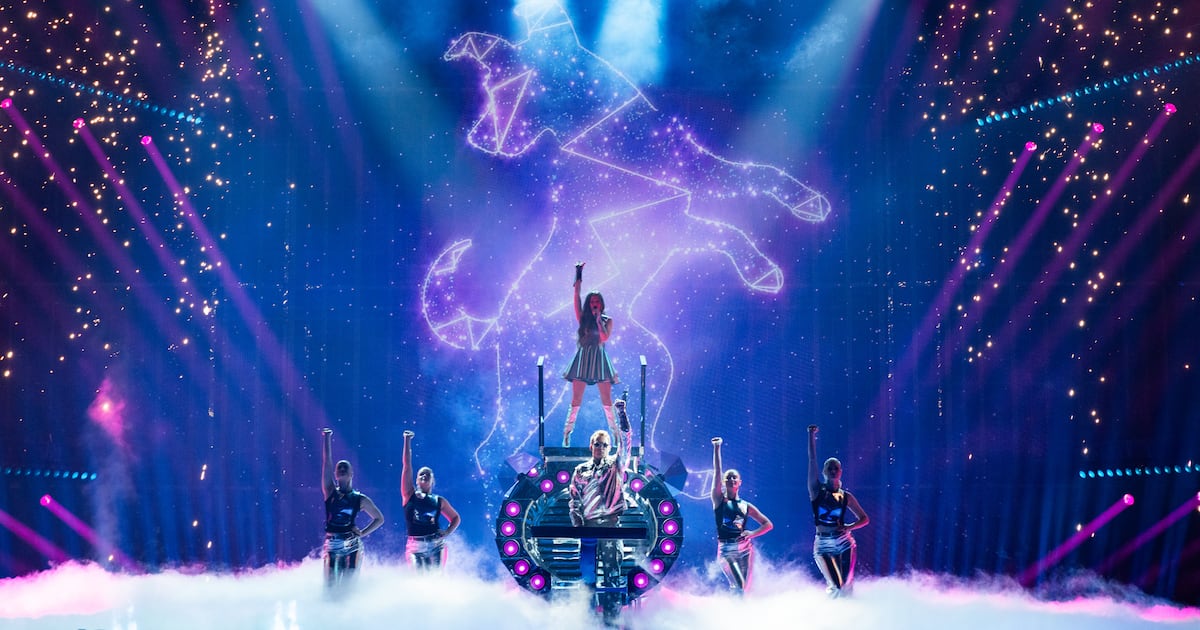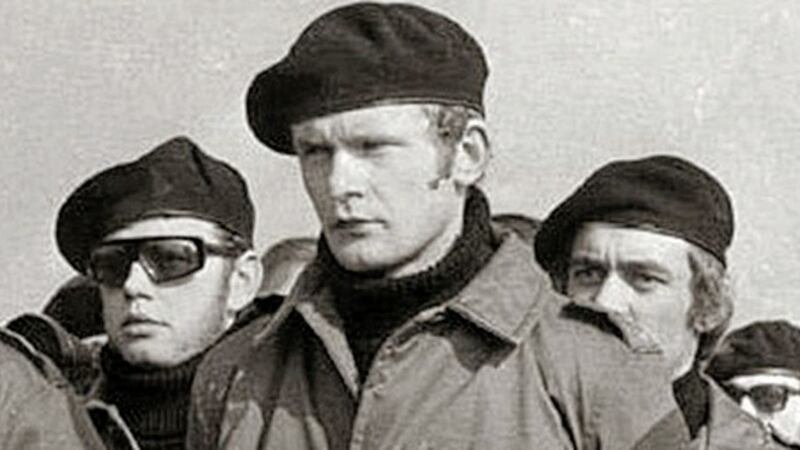LAST weekend I watched the entire Eurovision Song Contest final for the first time – we were slightly invested since my Mum had drawn Portugal in her office sweepstake.
I was aware that there was some disappointment that the Irish entry had failed to qualify. Laika Party by Emmy was placed 13th out of the 16 countries participating in the semi-finals.
I heard the song during the build-up and thought it embodied the kind of bouncy Euro-pop style that usually does well in the competition. But despite the entry being selected via RTÉ’s Eurosong 2025 it was an odd choice for Ireland given that the singer, Emmy, hails from Norway and the subject was, well, quite niche – a tribute to the legacy of Laika, the poor dog the Russians launched into space in 1957.
I think most dog lovers would prefer not to be reminded about this cruel and heartless act, even if Emmy believes the dog may be “dancing every night among the stars”.
More: A small act of kindness on my commute reminded me what good service really means – Sophie Clarke
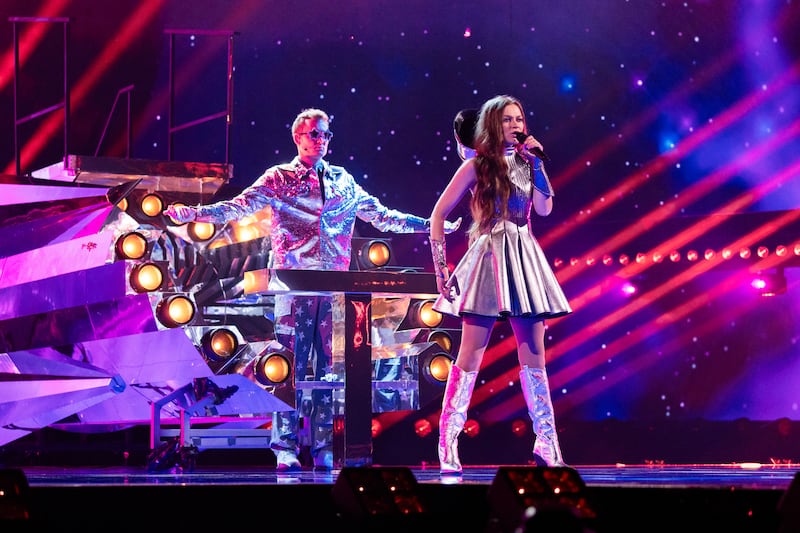 Emmy Kristiansen, Ireland’s Eurovision 2025 entry rehearsing her song Laika Party at St Jakobshalle in Basel, Switzerland (Corinne Cumming/EBU/PA)
Emmy Kristiansen, Ireland’s Eurovision 2025 entry rehearsing her song Laika Party at St Jakobshalle in Basel, Switzerland (Corinne Cumming/EBU/PA)
Ireland once seemed to have cracked the magic formula for Eurovision, boasting seven winning acts and is the only country to win three times in a row. Recent success, however, has been limited – last year’s Bambie Thug came sixth which was Ireland’s highest placing since 2000.
The UK entry has also had mixed success. Historically the UK entry has performed well, winning five times and achieving a record 16 second place finishes since joining the competition in 1957.
Many reasons have been put forward as to why acts from Ireland and the UK have struggled in the 21st century edition of Eurovision – such as not taking the competition seriously, fielding weaker entries and geographical isolation.
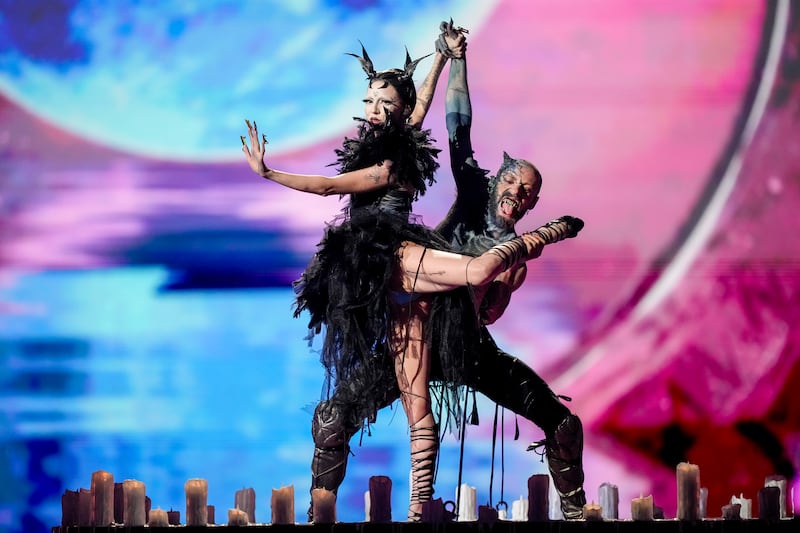 Bambie Thug of Ireland performs the song Doomsday Blue (AP Photo/Martin Meissner) (Martin Meissner/AP)
Bambie Thug of Ireland performs the song Doomsday Blue (AP Photo/Martin Meissner) (Martin Meissner/AP)
But Eurovision has evolved – today it is considered a much more sophisticated and credible competition than ever.
Of course political factors also continue to impact the competition – witness the furore surrounding Israel’s entry against the backdrop of the humanitarian crisis in Gaza.
Despite only being ranked joint 14th by the national juries, phone and online votes enabled singer Yuval Raphael to secure second place overall, leading to accusations of vote rigging.
Yuval Raphael was not just plucked from obscurity to represent Israel; she survived the horror of the Nova music festival massacre on October 7 2023. It’s perhaps not surprising then that her song ‘New Day Will Rise’ caused some voters to transcend the politics and simply appreciate the delivery, hope and emotion of her song.
Eurovision will continue to be influenced by the political landscape – after all it was no surprise that Ukraine won the 2022 contest with the highest number of points ever in its televoting history – but in order to retain some integrity the focus must be on the the singers and quality of the songs.
Last week saw another clash of music and politics when Bruce Springsteen lambasted the US leadership during a gig in Manchester. Springsteen said the USA was “in the hands of a corrupt, incompetent and treasonous administration”.
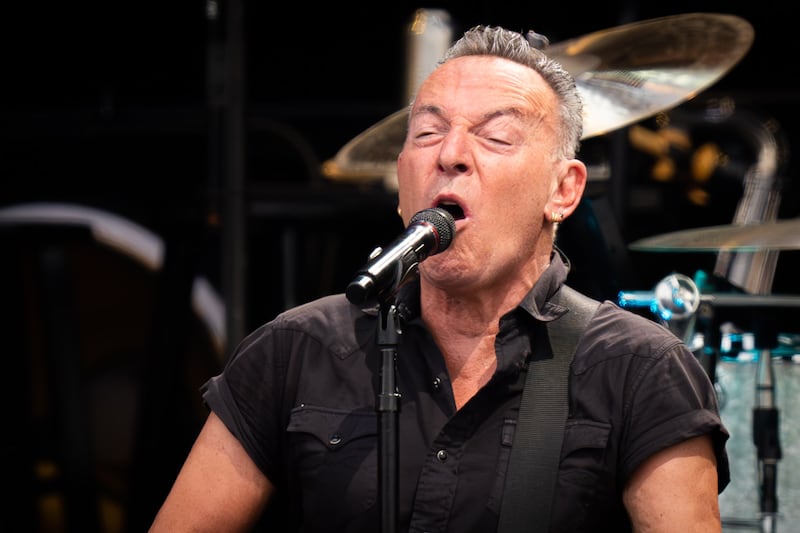 Bruce Springsteen lambasted the US leadership during a gig in Manchester (James Manning/PA)
Bruce Springsteen lambasted the US leadership during a gig in Manchester (James Manning/PA)
President Trump responded by calling Springsteen “a dried up prune of a rocker” and “unpatriotic”.
Thankfully the US is not currently amongst those random non-European countries permitted to enter Eurovision but maybe Bruce would consider writing next year’s Irish entry…
Incidentally Portugal finished in 21st place so my commitment was completely unwarranted.
